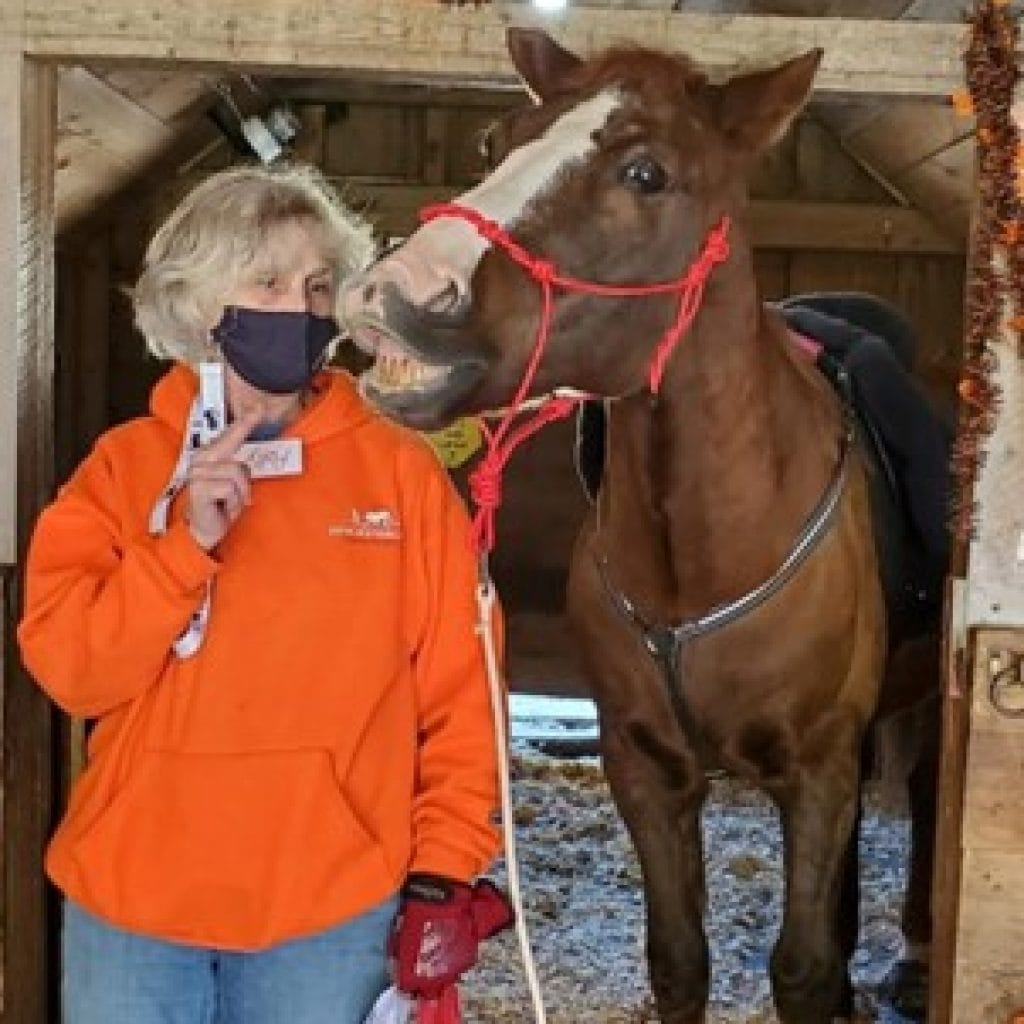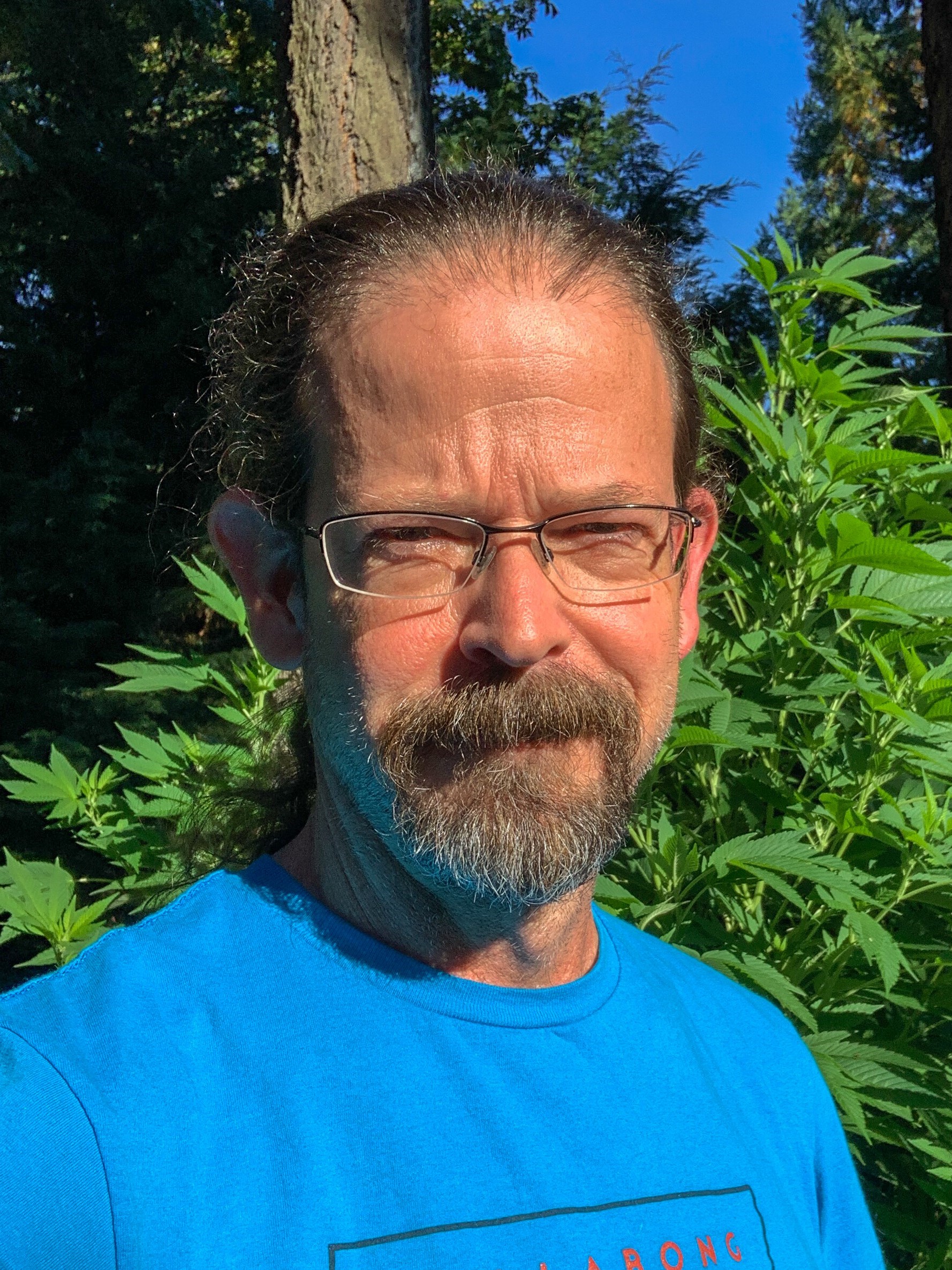Canadian patients struggle to access consistent cannabis treatment
Since Canada legalised the recreational use of cannabis in 2017, a lot has changed for patients who use medicinal cannabis. While access was expected to be facilitated, patients are actually struggling to get products with consistent quality and content. Here, patients, a doctor, and a patient organisation talk about how they see the current medicinal cannabis system in Canada.

Mother of six and grandmother of four, Patricia McGill has been using medicinal cannabis for twenty years. She has been a therapeutic riding instructor in both Quebec and Nova Scotia. In 2003, she suffered an injury which generated a Reflex Sympathetic Dystrophy condition, known for causing chronic pain. She was prescribed other drugs but experienced negative side effects, so her doctor prescribed medicinal cannabis.
Before and after legislation
As a patient from before the legalisation of recreational use in Canada, Patricia sees the differences before and after the legalisation in 2017: “The access to cannabis has been increased, but not in a positive way. The places where you get the cannabis have no qualified personnel, and the quality of the products have significantly decreased once companies started to produce for both recreational and medical markets.”
Patricia also experiences problems with availability: “Sometimes the product I was using is no longer available the next time I go pick it up.” According to her, patients also face the challenge of a shortage of qualified general practitioners in Canada: “The doctor that used to treat me has now retired. My new doctor does not want to prescribe cannabis because he has no knowledge about it. Now, I have to go to a doctor from a specialised company who will give me a prescription based on my condition and history. Prescribing medicinal cannabis should be taught in all medical schools.”
One Canadian doctor who prescribes medicinal cannabis is Dr Andrew Cooper. He is an anaesthesiologist with thirty years of experience in general practice, anaesthesiology, and critical care medicine. He prescribes medicinal cannabis in his clinic in Caledon, Ontario, and believes the priority should be keeping patients away from the illegal market: “Unfortunately, the illegal cannabis industry is winning the price war with the legal cannabis industry. The legal cannabis industry must comply with very stringent standards for security, storage, and quality control, along with all the associated costs. I would like to see the standards relaxed so they can enter into competition with and defeat the illegal industry.”

Recreational and medicinal use
Unlike Patricia, Dr Cooper believes that cannabis for recreational and medicinal use are both suitable for patient use. “Products sold in retail stores are identically analysed and labelled as medical products. They have the necessary labelling of chemovar and milligram (mg) content. I differentiate between non-medical legal and non-medical illegal. If patients source their products from illegal sources, I express concern about quality or adulteration, and I encourage them to source from the legal streams.” However, he believes it would be better to have a traditional pharmacy model for medicinal cannabis in Canada: “A traditional pharmacy model incorporates fewer steps than the current system and would be much more efficient.”

Patient Robert Featherby, 50, has chosen a different route: home cultivation.
Robert lives in Victoria, British Columbia. In his early twenties, he had a serious ankle injury. After an unsuccessful surgery to repair it, he was left with chronic pain. Doctors prescribed him different medications, but he got all sorts of negative side effects. Robert then decided to “self-medicate” with cannabis meant for recreational use, which also did not generate positive results.
CBD flowers
After many years, his doctor finally prescribed medicinal cannabis to help him cope with the pain: “I discovered the benefits of CBD flowers and oils. Initially, my doctor set me up with a Canadian company that had a very inconsistent supply of CBD products, and the quality of the flowers was questionable. When I spoke to my doctor about the issues of supply and quality, he recommended products from Bedrocan. This is when everything really improved for me. Nothing helped with the pain like the flower that contains higher CBD and little THC. It literally changed my life.”
When Canada legalised recreational use, Robert started cultivating cannabis for his treatment because he did not trust the quality of other products: “At the point that recreational cannabis was legalised in Canada, there were still very few CBD options, and none of them were good quality. This is when I decided to start growing my own cannabis. I am growing mostly CBD plants and have discovered a few that work well.”
While Robert consciously chose to grow cannabis at home, other Canadian patients rely on their doctors. According to Max Monahan-Ellison, Board Chair of patient organisation Medical Cannabis Canada (MCC), patients in Canada struggle to find support from healthcare professionals (HCPs): “I can say that support from HCPs is minimal. That comes down to a lack of investment in evidence-based training in Canada, and the government’s own healthcare data provided for HCPs is little and out of date.” The patient organisation strives to ensure patients can access medicinal cannabis treatment safely, equitably and with the support of healthcare professionals.
Changing the cannabis legislation
The Canadian government has recently started a review of the cannabis act. Max: “The Cannabis Act is structured to prevent misuse instead of encouraging safe and accessible use with a medical authorisation.” MCC is currently completely focused on the review for the maintenance of a robust medical framework and released a 5,000+ collaborative patient study identifying barriers in the framework, cited by Health Canada’s expert panel: “People who use cannabis as a treatment should be accessing it with the support of a healthcare professional and with needed coverage to ensure affordability, but the system pushes them away. This is our chance to really make a difference, and that is why we have invested all of our energy to push for real patient-driven changes in this review.”
Bedrocan products in Canada
Bedrocan-branded products used to be available in Canada. However, after the legalisation of recreational use and the decision of the licensee Canopy Growth to enter the recreational market, Bedrocan decided to sell its shares and leave the Canadian market. An arbitration also prohibited Bedrocan from returning to Canada until 2019. Bedrocan has always had the ambition to return to the Canadian market and hopes the cannabis legislation in Canada changes in a way that medical and recreational use are clearly separated, and patients are given access to pharmaceutical-quality products with proper healthcare guidance.
Subscribe to our newsletter
Stay informed with our latest updates by subscribing to our newsletter for exclusive news and compelling content. Rest assured, we prioritize the integrity of your inbox, delivering quality over quantity, with newsletters dispatched judiciously.






